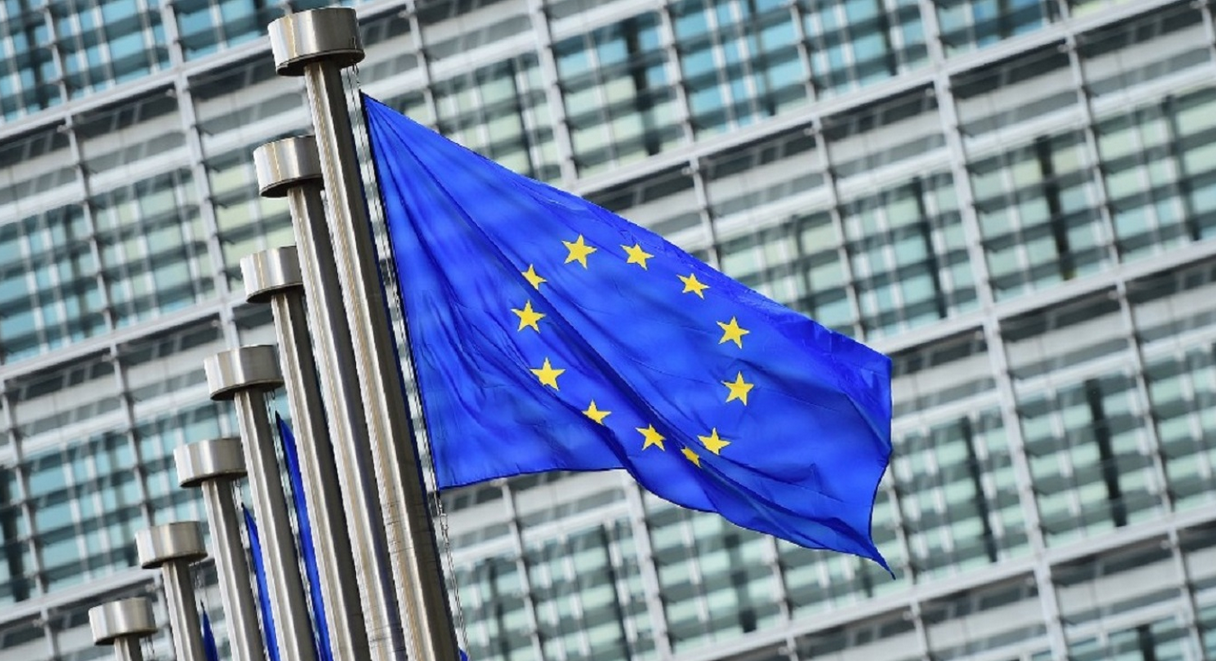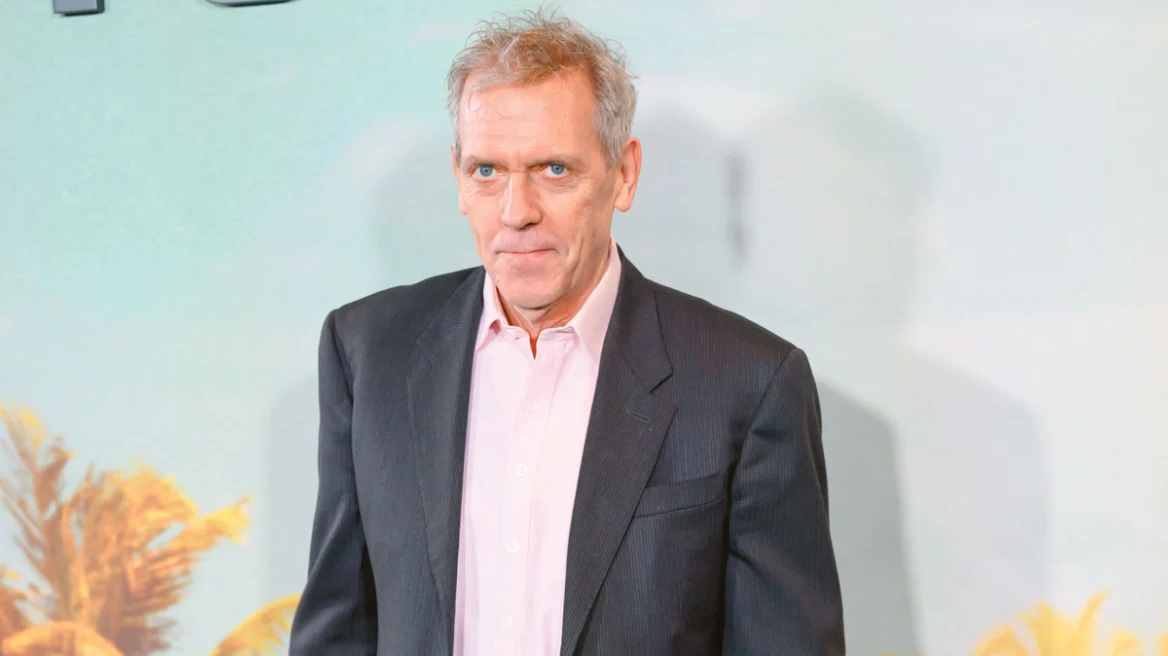Farmers’ protests across Europe have compelled the leadership of the European Union in Brussels to retreat from key components of its green agenda aimed at achieving “net zero” emissions, at least for the time being.
Following significant victories last year, including tractor protests in The Netherlands, farmers secured another important win against the globalist agenda. On Tuesday, European Commission President Ursula von der Leyen announced the abandonment of plans to require the agriculture sector to reduce methane and nitrogen emissions by a third by 2040.
Additionally, Brussels is reconsidering its plans to halve the use of pesticides by 2040, a move contested by farmers who argue it puts them at a disadvantage compared to foreign agricultural imports with lower environmental standards.
Proposals to promote reduced meat consumption, a central tenet of the Great Reset movement favored by elites, have also been dropped.
Addressing the decision, von der Leyen stated, “Our farmers deserve to have their voices heard.” She acknowledged their concerns about the future of agriculture and emphasized the need for a more sustainable production model to ensure profitability in the long term.
However, it remains uncertain whether these concessions will be sufficient to appease farmers’ discontent, as they continue to grapple with over-regulation at both national and EU levels, as well as challenges posed by cheap foreign produce, particularly from Ukraine, which gained tariff-free access to the EU market following the Russian invasion.
The farmer protests against the EU’s green agenda, which began four years ago in The Netherlands, have escalated recently, with major cities like Berlin, Brussels, Paris, and Rome witnessing blockades by thousands of tractors over the past month. These protests have caused supply chain disruptions and disruptions to urban life.
Despite facing challenges, the farmers have garnered significant support, with a recent poll revealing that nearly 90 percent of French voters believe that their tractor protests are justified.
Platanioti: The dance that won her the silver medal at the World Championship (video-photos)
The widespread support for the farmers has caused concern among neo-liberal factions in Brussels, fearing that the upcoming European Union Parliament elections in June could become a referendum on the failures of the green agenda.
>Related articles
Moreover, the green agenda’s shortcomings have left Europe vulnerable to external factors such as the war in Ukraine, which has contributed to increased energy costs. Europe’s reliance on renewable energy sources like wind and solar, which have not lived up to expectations of energy independence, has exacerbated this vulnerability.
While the decision to backtrack on Tuesday has been hailed as a victory for the farmers, some, sensing an opportunity, are advocating for continued pressure on EU leadership.
Dutch pro-farmer political activist Eva Vlaardingerboek remarked, “This development is positive because it demonstrates that protesting and exerting pressure on our leaders yield results. However, simply dropping the requirements for 2040 is insufficient. The entire agenda, including the Green Deal and the NetZero initiative, must be reconsidered. We may have won a battle, but the war is far from over.”
Ask me anything
Explore related questions





